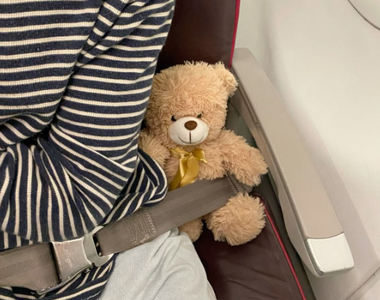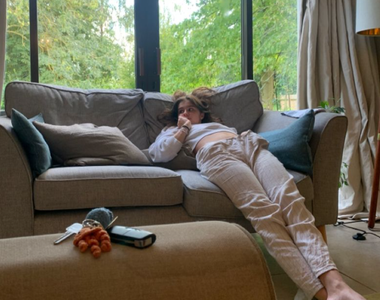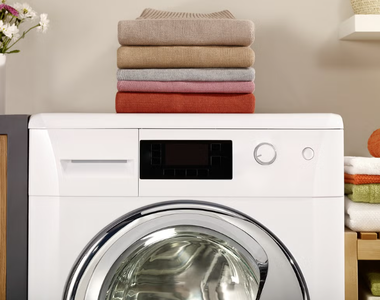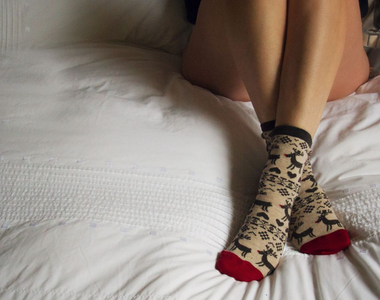
What is the nicest thing you can think of now? Puppy? Kitten? Your baby, a baby or maybe, Baby Yoda?
Thanks to the development of new brain scanning techniques - including magnetoencephalography (the neuro-image that plots the activity of your mind in microseconds using magnetic fields) - researchers have gained tremendous knowledge of how our instinctive response to cute things works. But what exactly happens in the brain when we see a baby? And why do we respond in the same way to animals?

How does the brain respond to the "delightful"?
If you look at a child's face, the brain will actually process it much differently than an adult's face. Studies say that if you see an adult, the first activity in the retina of the eye is immediately transferred to the regions of the brain in the back. In this area, the brain makes sense of what you are seeing and where. There is a special part of the brain, the fusiform facial area that responds to the faces.

However, when you see a baby, the activity occurs in the orbitofrontal cortex (an area heavily involved in emotions and pleasure, located just above the pupils) at the same time as the activity in the fusiform facial area.

Në këtë mënyrë, bebet e lezetshme në thelb kanë një mënyrë shumë të shpejtë dhe të privilegjuar për të hyrë në vetëdijen tonë. Ata ju tërheqin vëmendjen aq shpejt sa nuk jeni ende të vetëdijshëm për këtë. Përveç kësaj, tingujt që lëshojnë bebet ndikojnë gjithashtu.

Pse thuhet se, shkencërisht, qenushët dhe kotelet janë më të lezetshme se foshnjat?
Studimet tregojnë se shkalla e “të lezetshmes” mund të jetë më e lartë për këlyshët dhe kotelet në krahasim me foshnjat. Një arsye mund të jetë fakti se njerëzit kanë pasur kontroll të jashtëzakonshëm mbi evolucionin e maceve dhe qenve të zbutur, duke ndryshuar pamjen e tyre ndër breza përmes mbarështimit selektiv. Kafshët si qentë dhe macet janë trajtuar në thelb për t'u dukur si foshnje. Kur i shihni, truri mendon "ky qenush mund të jetë një bebe".

But it is important to remember that people do not do this consciously or maliciously.
There is evidence that fictional characters have changed in the same way. Mickey Mouse and even teddy bears have been shown to be more suited to baby face features.
Are there people who think puppies and kittens are more cute than babies? That's hard to say, but you can vote (no embarrassment, because no one reveals your name).

Burimi: Scientific American





